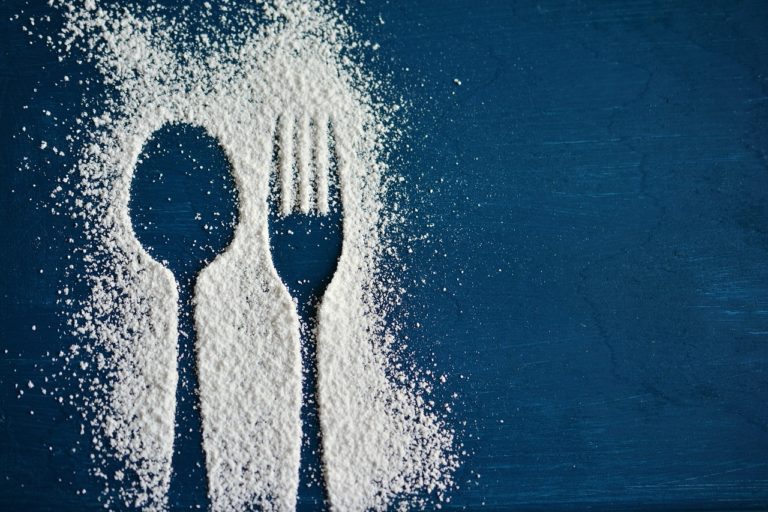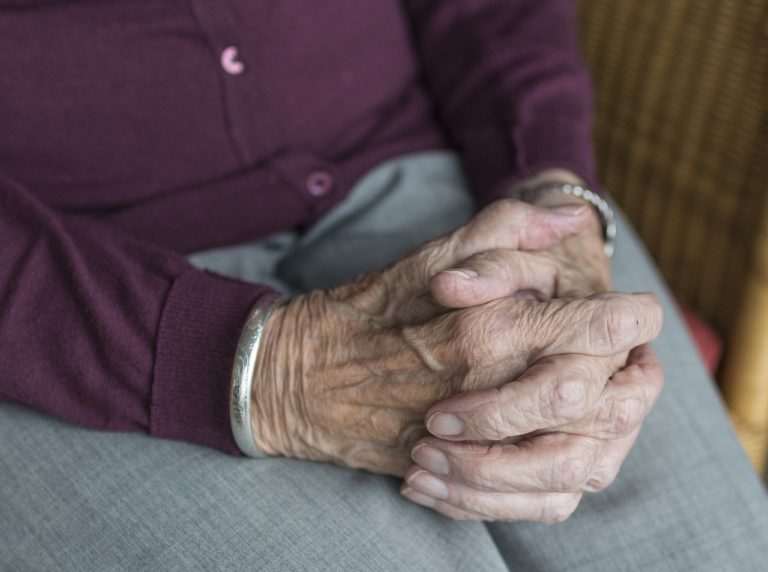Category Hospice Topics
San Mateo Professionals Explain What to Expect From End of Life Care
Everyone’s story is different as they approach the end of life. Sometimes death is sudden, shocking loved ones into instant grief. Other times, death takes its time, coming on gradually as the patient lingers while loved ones do their best…

Hospice Care in San Francisco Discusses the Importance of Regular Visits From Loved Ones
February 11 is National Shut-In Visitation Day, a perfect time to bring awareness to the importance of regular visits from loved ones to those who are home or facility bound. You may think that by visiting you’re simply lifting their…

Bereavement Services in Santa Clara Have Self-Care Tips for Caregivers
Helping a loved one go through hospice and then watching them die is a traumatic, stressful, overwhelming and sad experience — it can even be a relief to those saddled with primary care of a parent, spouse or other loved…

End of Life Care Around San Francisco Examines What a Patient’s Weight Indicates About Their Health
Weight is a big issue for pretty much everybody. But when it comes to Alzheimer’s patients undergoing end of life care, weight takes on a whole new importance as they face increasing hunger and decreasing activity. Recent research shows that…

Hospice in the Santa Clara Area: How Folic Acid May Impact Aging and Dementia
Recent studies have shown that folic acid affects mood and cognitive function, especially in older people who suffer from depression and dementia. Folic acid, a B vitamin, helps the body make healthy new cells, says the CDC. Everyone needs it,…

End of Life Care in Alameda County Holds Quality of Life High in its Priorities
January is International Quality of Life Month, which is very fitting since this first month of the year symbolizes a new beginning and an ideal time to reflect on the quality of life and its purpose. Here at Pathways Home Health…

Hospice Care in San Mateo Considers the Possible Link Between Hunger and Alzheimer’s
If your loved one has Alzheimer’s, you may notice that they seem to always be hungry. As memory weakens and brain signals deteriorate, major changes in appetite are common, says New Life Outlook. This can be challenging as they go…

Hospice: Providing Dignity and Respect for Our Patients
Facing your own mortality — or that of your loved one — can be terrifying. But perhaps more distressing for those in hospice care is facing a loss of dignity throughout their last days. No one wants to be remembered…

End of Life Care: Understanding Consent in Seniors
When a senior is facing end of life, there are many decisions that have to be made. But one may assume all the decision making falls to the family. While this is certainly true in the case of elders who…

Hospice Care Helps You Deal With Capgras Syndrome
Capgras syndrome, also known as “imposter syndrome” or “Capgras delusion,” is a psychological condition characterized by an irrational belief that someone they know or recognize has been replaced by an imposter. For example, a woman may accuse her husband of…

